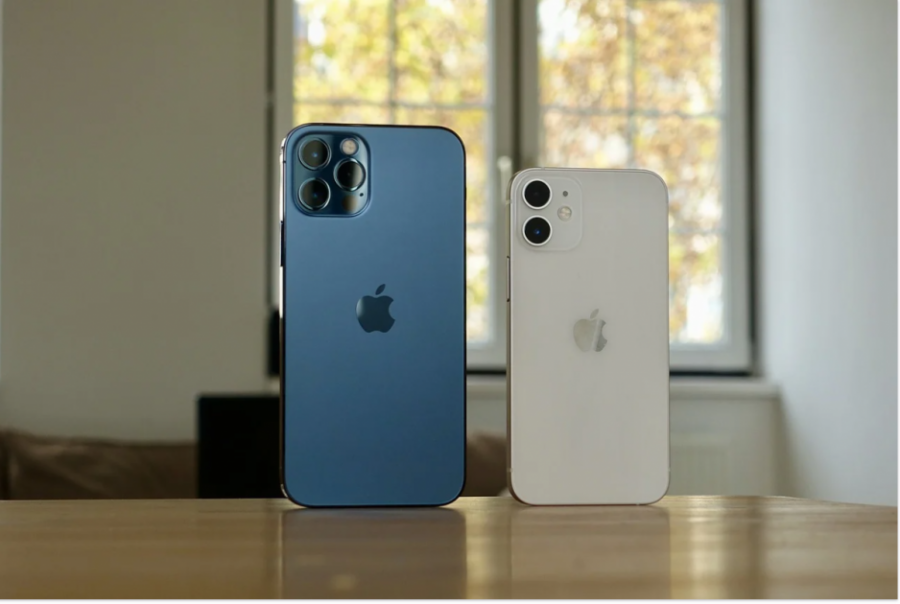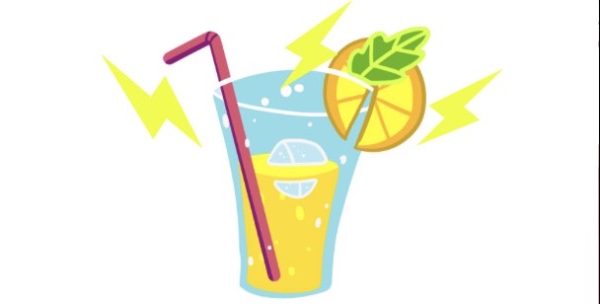Apple unveils the iPhone 12:
Should you upgrade to the newest addition in the iPhone lineup?
In Oct., the iPhone 12 went on sale (along with the iPhone 12 Pro, Pro Max, and Mini); ushering in a new era for the smartphone line. Apple is arguably the most renowned veteran in the smartphone industry, having just celebrated the iPhone’s 13th anniversary last June. Since its inception, the tech giant has released a staggering 29 iterations of the iPhone line – ranging from the Original that started it all to the 11 Pro max released September of last year.
The iPhone family tree is a long and confusing one, with many instances where Apple simply opted to release modified versions of the latest generation (which the tech giant usually indicates with labels such as ‘Pro’, ‘Max’, ‘S’, or ‘+’), instead of starting fresh with the next number in line. Apple has even been known to occasionally skip numbers, like when they jumped straight from the iPhone 8 model to the iPhone 10; neglecting a 9th generation entirely. Adding on to this clutter of names, numbers, and remodels, Apple also releases phones with the tag ‘SE’, which are essentially just Apple’s latest iPhones stuffed into the body of an older, smaller model for the sake of affordability. This time around, though, the SE was scratched in favor of a more fittingly named “Mini” model. Considering how the iPhone 12 Mini serves the same purpose as past SE’s did, it feels like this is a strange decision that only further muddles the iPhone family.
Senior Ian Yu is upset with Apple’s questionable actions surrounding the iPhone line.
“It’s really confusing,” Yu said. “I don’t even try to keep up with iPhone news anymore. It just feels like they’re constantly releasing new models, and none of them are super different enough to get me excited.”
Yu has owned the same iPhone 8 since 2018. Before that, he had owned an iPhone 5s – released all the way back in 2013.
“I don’t buy new iPhones unless I really need to,” Ian continued. “I mean like if I broke or lost my old phone. Other than that, I wouldn’t really consider upgrading.”
Yu isn’t alone in his opinion. In a survey conducted in 2018 of over 500 Americans, a mere 22% reported that they were intent on upgrading their device to the newest iPhone releasing that fall.
So why do people tend to feel so negatively towards Apple’s iPhone launches? While aforementioned market saturation is certainly a factor – in order to find an answer to this question, we have to dig a little deeper.
As it turns out, Apple has been steadily removing features from the iPhone line since the iPhone 6s. Released in 2016, the 6s was the first iPhone to altogether remove a staple of the series: the headphone jack. More iconic features, like the home button, would soon follow with the iPhone X. This trend continues with the iPhone 12 with the announcement that a charger and earphones – accessories that came standard with every iPhone up to now – will no longer be included.
Senior Maher Ismail has owned the same iPhone 5s since 2015 – and has no intention of upgrading.
“I feel like iPhones are becoming more accessory based and less practical,” Ismail said. “I don’t like the exclusion of the home button, but I especially can’t stand their decision to get rid of the headphone jack. They lack the accessibility they once had.”
“I had to spend 30 minutes teaching my mom how to use her new iPhone after she upgraded to the 11, and she still doesn’t get the hang of it,” he added.
In many ways, the iPhone has been devolving in recent years. In a video comparing the processing power of every iPhone, it was revealed that some of the newer phones actually perform worse than their older counterparts; that is, they tend to have even slower loading times than models released three years earlier. As the iPhone 12 is set to be internally similar to the iPhone11, it’s likely this will remain consistent.
On top of everything, people are hesitant of the company’s decision to almost completely eliminate third party repairs. Samsung, one of Apple’s biggest competitors, often cites repair-ability as one of their greatest strengths; one of the more extreme examples being removable batteries. Whereas Apple has made it near impossible for iPhone users to make any repairs without seeking professional help, Samsung has simplified the process so that you can install the battery yourself – meaning ordering a replacement battery would be the only cost.
While Apple’s policies of restricting iPhone repairs is nothing new, it has hit a new level with the iPhone 12. Because of a proprietary tool that only Apple technicians have access to, something as simple as a camera repair will be near impossible for anyone other than Apple themselves. Considering how first party repairs can sometimes cost upwards of 534% more than third parties, this could become a serious issue – only adding to the $1,000 price tag.
In many ways, the iPhone 12 falls short of what could have been a monumental leap for the iPhone brand; and, as an extension, tech as a whole. As the smartphone line matured into its teenage years, Apple had the opportunity to silence its naysayers by releasing groundbreaking technology that would leave a lasting impact on the industry for years to come. Instead, we received a slight modification of the iPhone formula that will serve as an adequate placeholder for the iPhone 13.
Beat: Science and Technology
Kendrick Groman is a senior in the Humanities house. His hobbies include playing the piano, running, and driving.
Favorite...

















Francia • Jan 4, 2021 at 9:35 pm
Planned obsolescence at its worst! And the cost to our environment and humanity is too great to bare!